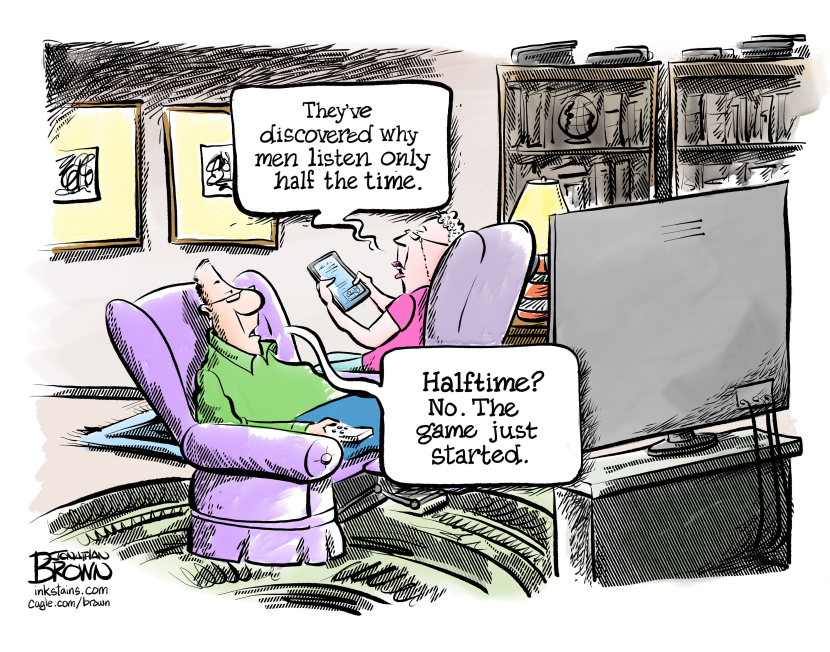
Here are some of the posts that caught my eye recently. Hope you find something interesting.
Lighter Links:
- Um, Yeah, We’re Not Colonizing Mars: The Scientific Reality Behind Tech Billionaire Fantasies. (NextBigIdea)
- The Last Human CEO – What Fully Automated Firms Will Look Like. (Dwarkesh)
- The Future Already Knows – A Peer-Reviewed Physics Paper Has Startling Conclusions. (Kasanoff)
- I Saw How an “Evil” AI Chatbot Finds Vulnerabilities. It’s as Scary as You Think. (PCW)
- The Never-Ending Reign of Disturbed's “The Sound of Silence” – The Biggest Underdog Story in Rock Music. (Slate)
Trading Links:
- Buffett to Step Down at Berkshire at Year-End After Storied Run. (Bloomberg)
- Stock Market’s ‘Manic Move Isn’t So Bullish After All,’ Warns Top Economist. (FinBold)
- 54% of Large Businesses Froze or Cut Ad Spend in April. (LinkedIn)
- A Positive Reframe of What Trump Might Be Doing for America in the Long Term. (PeterLeyden)
- Fake Job Seekers are Flooding U.S. Companies that are Hiring for Remote Positions, Tech CEOs Say. (CNBC)
The Next Gilded Age ... This Generation's Carnegies, Rockefellers and Vanderbilts
Wealth is fascinating to those who have it, those who want it ... and even those who don’t.
When Forbes published its first World’s Billionaire List in 1987, 140 billionaires accounted for a total of $295 billion in global wealth. Topping that list was Yoshiaki Tsutsumi from Japan, with $20 billion. A lot has changed since then. Elon Musk topped this year’s Forbes List and is now worth over $342 billion. His wealth is about 21 times more than Tsutsumi’s ... and over two million times more than the average American family’s.
A New Gilded Age
In 2017, The Guardian released an article stating that the world’s super-rich held the greatest concentration of wealth since the turn of the 20th century. According to The Guardian, 1,542 billionaires held approximately $6 trillion in collective wealth, which would put them as the fifth largest GDP at the time.
Last year, less than a decade since the Guardian’s article, Forbes estimated that 2,781 billionaires had a combined net worth of over $14 trillion. For a little more context, some estimate that the world’s richest 1% own more than 43% of global financial assets.
In comparison, the first Gilded Age was established by a few entrepreneurs controlling monopolies in US rail, oil, steel, and banking.
The image is “Bosses of the Senate”.
The Vanderbilts amassed $185 billion (adjusted for inflation) from their railroad empire. Andrew Carnegie made $309 billion from his steel empire. John D. Rockefeller made $336 billion from an oil empire (that controlled about 90% of the American oil business). They were the stars of the Gilded Age ... and their control over major industries led to some of the largest individual fortunes in American history compared to the average population.
It’s interesting to look at the transition from the richest in the late 1800s to the richest in 2025 ... the transition from industries like Steel, Oil, and Rail, into companies like Amazon, Microsoft, Tesla, and Walmart. While they certainly dominate the spaces they’re in, it is a far cry from the monopolies of the 1800s.
While there are more “super-rich” individuals today than before, our wealthiest individuals still manage to have some impressive stat lines. As of the end of 2024, Bernard Arnault was worth an estimated $233 billion. Elon Musk was worth around $195 billion, and Jeff Bezos was right behind at $194 billion. Today, Bernard is sitting at $178 billion, Elon is up to $342 billion, and Jeff is up to $215 billion. Arnault is a clear example of how Trump’s tariff announcement impacted billionaires.
With the AI gold rush in full swing, it will be interesting to see who gets added to the list in the coming years.
Let me know when your name makes that list. I’ll do the same.
Posted at 09:58 PM in Business, Current Affairs, Games, Ideas, Just for Fun, Market Commentary, Science, Trading, Web/Tech | Permalink | Comments (0)
Reblog (0)